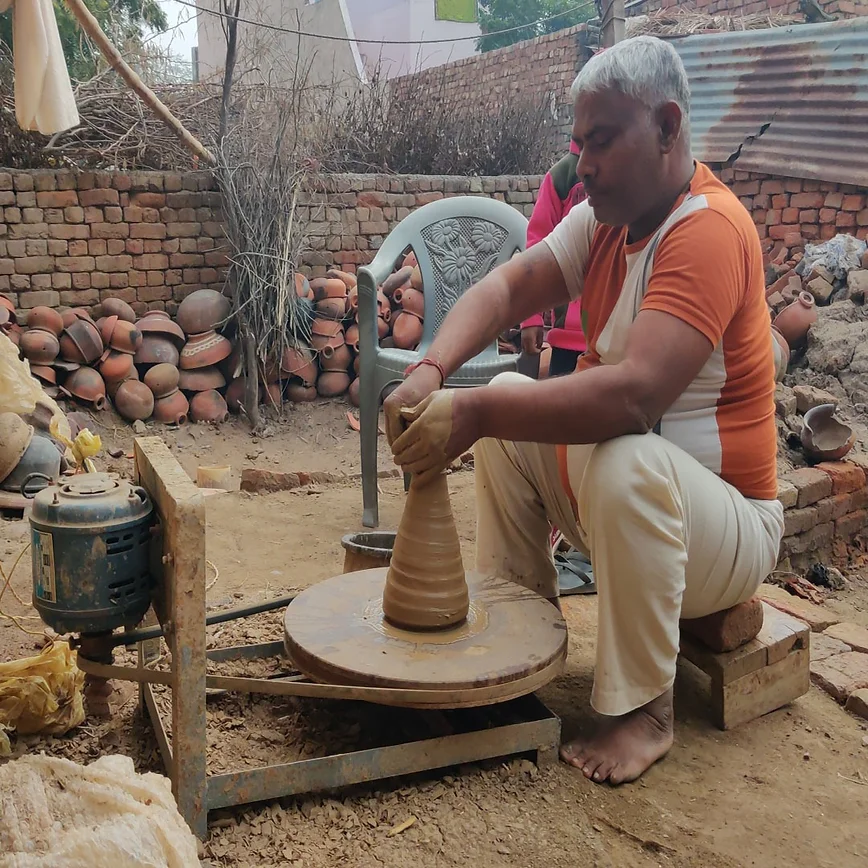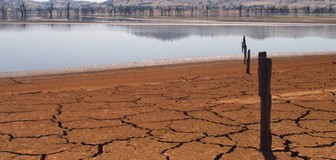Home
Focus Areas
About Us
It's time to stop using plastic, argues an opinion piece in the Times of India.
"Let us keep using plastics, some of the most versatile, life-enriching and empowering materials produced by human ingenuity, while getting rid of the pollution, by designing every stage of its life to subserve the goal of eliminating harm in its afterlife."
That means banning additives that cause harm, like the one that makes tire dust when it finally reaches the ocean.
India is trying to fix standards for those additives, but it won't rely on Western standards since it hasn't finalized them yet.
The US and the EU already have them in place, but India's small-scale producers of plastic products are balking.
"What of the plastics that cannot be rendered biodegradable using additives?" asks the piece.
"The conventional answer is to recycle what can be recycled, or to incinerate the rest, with the biggest challenge identified in collecting the used material for reuse in whatever fashion."
Instead, India should focus on developing new processes for breaking down the plastic that can't be reused or recycled.
It's estimated that 430 million tons of plastic are produced every year, but only about 10% of that is recovered for processing. Read the Entire Article
Selected Grant News Headlines
A customized collection of grant news from foundations and the federal government from around the Web.
The Ukrainian city of Rivne is trying to become the first city in the world to be carbon neutral by 2030, the Guardian reports. According to the Telegraph, Ukraine has been grappling with a lack...more
The UN will hold its first-ever forum on science, technology, and innovation for sustainable development in May, with the goal of harnessing the "power of science, technology, and innovation to...more
With the world's ever-growing population and ever-changing eating habits, the world's food supply is in real danger of running out of food, according to a new report from the UN Food and Agriculture...more
Climate change isn't just bad for humans, it's bad for our mental health as well, according to a new report from Imperial College London. The study, published in the Proceedings of the National...more
"The technologies serving Controlled Environment Agriculture have advanced at an exhilarating pace over the past decade," Rob Eddy, resource efficiency Horticulturist at the Resource Innovation...more
When you think of sustainability, you probably think of things like meeting the needs of the present without compromising the ability of future generations to meet their own needs. But there's...more
Conduent, a global technology-led business solutions and services company, has announced an innovation initiative with Microsoft that will use Microsoft Azure OpenAI Service to bring the power of...more
India and Sweden are teaming up to help the world's steel, cement, and construction industries cut their greenhouse-gas emissions by 50% by 2030, the Guardian reports. According to a press...more
"I felt like I was in a Lion King scene, seeing the views of the African desert." That's how Rafaella Moreira Lopes describes her experience during spring break in Namibia, where she studied the...more
How do cities fare in the face of climate change? According to a study published in the journal BMC Public Health, they can either be "resilient" or "resilient"with "resilient" cities becoming more...more
Social Entrepreneurship
Spotlight
Reviving Ancient Indian Art Forms – Empowering Artisans Towards Entrepreneurship

Rivaayat is an initiative by Shri Ram College of Commerce, Delhi to revive various dying art form and solve innumerable problems faced by the artisans. Rivaayat began with reviving a 20,000-year-old art form of pottery that is a means of survival for 600 families residing in Uttam Nagar, Delhi.










